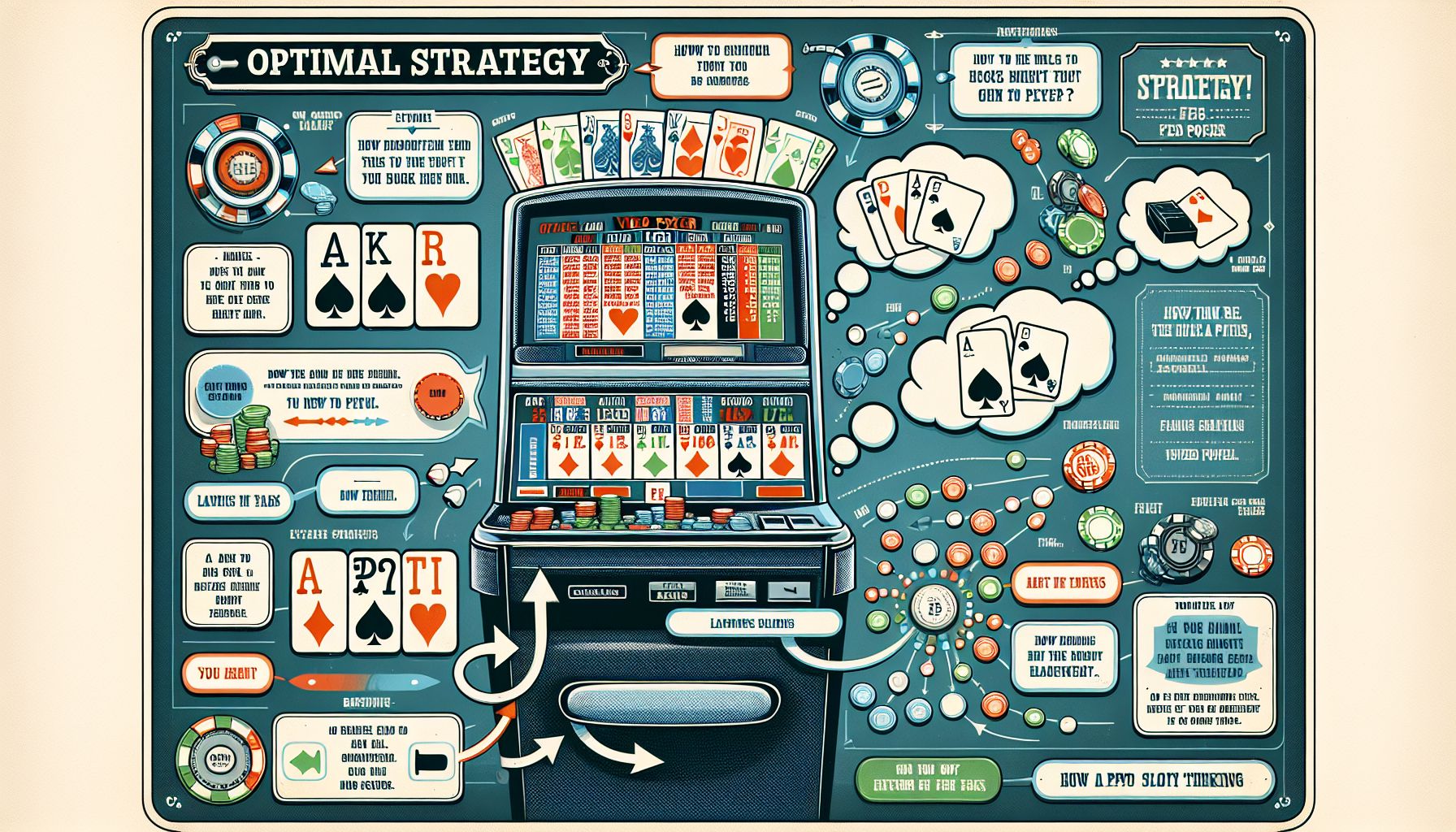Poker Mind Games, it is a game of people. It is a game of strategy, skill, and most importantly, psychological warfare. While most people think that poker is all about having the best hand or bluffing your opponents, the reality is that there is so much more to it than that. It is a mind game, where the players try to outsmart and outplay each other by using various psychological tactics.
In this blog post, we will delve deeper into the world of poker mind games and explore how mastering them can give you an edge over your opponents. From understanding the basics of human psychology to using it effectively at the poker table, we will cover everything you need to know to become a master of this psychological play.
The Psychology of Poker Mind Games
Before we jump into the mind games of poker, it is essential to understand the basics of human psychology and how it applies to this game. Poker is a game of decision making, and every decision you make at the table is influenced by your emotions, thoughts, and tendencies.
One of the fundamental principles of psychology in poker is the concept of tilt. Tilt is when a player lets their emotions affect their decision-making process, usually resulting in irrational and costly decisions. It can happen when a player loses a big hand or gets bad beats repeatedly. As tilted players tend to make more mistakes and become more predictable.
Another crucial aspect of psychology in poker is human tendencies. As social creatures, we are hardwired to make decisions based on social cues and behavior. This is especially true in poker, where you are constantly trying to read and understand your opponents’ actions and reactions. By understanding common human tendencies, such as the need to win, fear of losing, and the desire to save face, players can manipulate their opponents to make decisions that benefit them.
The Art of Bluffing
While it may seem like a simple concept, mastering the art of bluffing is a crucial aspect of poker mind games.
To effectively pull off a bluff, you need to have a good understanding of human psychology. You need to be able to read your opponents and put yourself in their shoes to understand how they are likely to react. It requires a keen observation of your opponents’ behavior, expressions, and betting patterns.
Another essential aspect of bluffing is timing. You don’t want to bluff too often, or your opponents will start to catch on, and your bluffs will become less effective. On the other hand, you don’t want to bluff too infrequently, or your opponents will be hesitant to call, making it challenging to win big pots. Knowing when to bluff and when to make a value bet is key to success in poker.
The Power of Non-Verbal Cues
In a game of poker, where players are trying to deceive and manipulate each other, non-verbal cues play a vital role. These cues include body language, eye contact, facial expressions, and even the way a player sits or holds their chips. Skilled players can use these non-verbal cues to their advantage, as they can provide valuable insights into their opponents’ thought process and intentions.
Body language is one of the most crucial non-verbal cues in poker. A player’s stance, hand gestures, and movements can provide valuable information about the strength of their hand or their overall confidence in the game. For example, a player who is anxious or uncomfortable may fidget, while a player who is confident may sit with their back straight and exude a calm demeanor.
Eye contact is another powerful non-verbal cue in poker. It is said that the eyes are the window to the soul, and in poker, the eyes can reveal a lot about what a player is thinking. It is important to pay attention to your opponents’ eye contact, as it can indicate whether they are bluffing or have a strong hand.
The Importance of Table Talk
Table talk is the verbal communication that takes place between players during a game of poker. While it may seem like a casual conversation. It is often used as a strategic tool by players to influence their opponents’ decisions. Table talk can include anything from exchanging pleasantries to making comments about the game.
One of the most common strategies in table talk is trash talk. Players may try to get under their opponents’ skin by making derogatory or insulting comments. This is done to get a reaction and potentially tilt their opponents, making them more likely to make mistakes.
On the other hand, players can also use table talk to distract their opponents. By engaging in light conversation, a player can divert their opponents’ attention away from the game and make them more likely to miss crucial details or make impulsive decisions.
The Role of Patience and Control
While mind games are a crucial aspect of poker, it is also essential to maintain a level head and have patience and control. In the heat of the moment, it can be tempting to let your emotions get the best of you, but that can often result in costly mistakes. Mastering the art of patience and control can give you a significant advantage in the game.
Patience is vital in poker because it can help you avoid tilt and prevent you from making rash decisions. It is important to understand that poker is a game of ups and downs, and you will not win every hand. By practicing patience, even during an unlucky streak, you can stay focused and make better decisions.
Control is equally important in poker. While it is natural to let your emotions take over during intense moments, it is crucial to stay composed and think rationally. Players who can keep their emotions in check are less likely to make costly mistakes and can often use their opponents’ emotional states to their advantage.
Conclusion Poker Mind Games
Poker mind games are a crucial aspect of the game, and mastering them can give you a significant edge over your opponents. From understanding the basics of human psychology to using non-verbal cues and table talk effectively, there are many ways to outsmart and outplay your opponents.
However, while mind games are a critical aspect of poker, it is important to remember that it is still a game of skill and strategy. It is crucial to have a solid foundation in poker fundamentals and continue to improve your skills. By incorporating psychological play into your game, you can take your poker skills to the next level and become a formidable player at the table.



